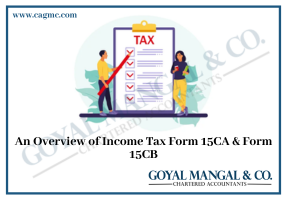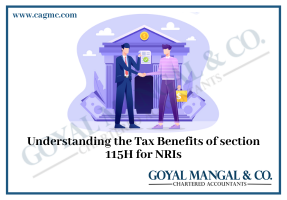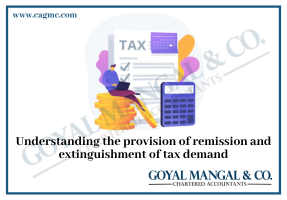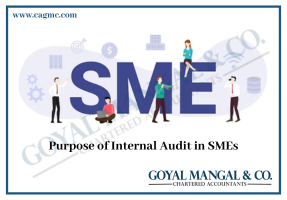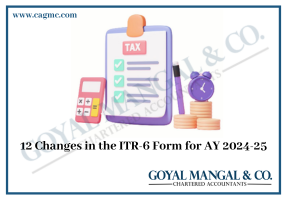Section 80C is one of the most popular sections amongst taxpayers as it allows to reduce taxable income by making tax saving investments. The maximum deduction allowed under this section is 1,50,000 every year. This section allows deduction for investment made in PPF, EPF, LIC premium, Equity linked saving scheme, principal amount payment towards home loan, stamp duty and registration charges for purchase of property, Sukanya smriddhi yojana, National saving certificate, Senior citizen savings scheme, ULIP, tax saving FD for 5 years, Infrastructure bonds etc. Deduction under section 80C is allowed to the following categories of persons –
- An individual; or
- A Hindu Undivided Family (HUF)
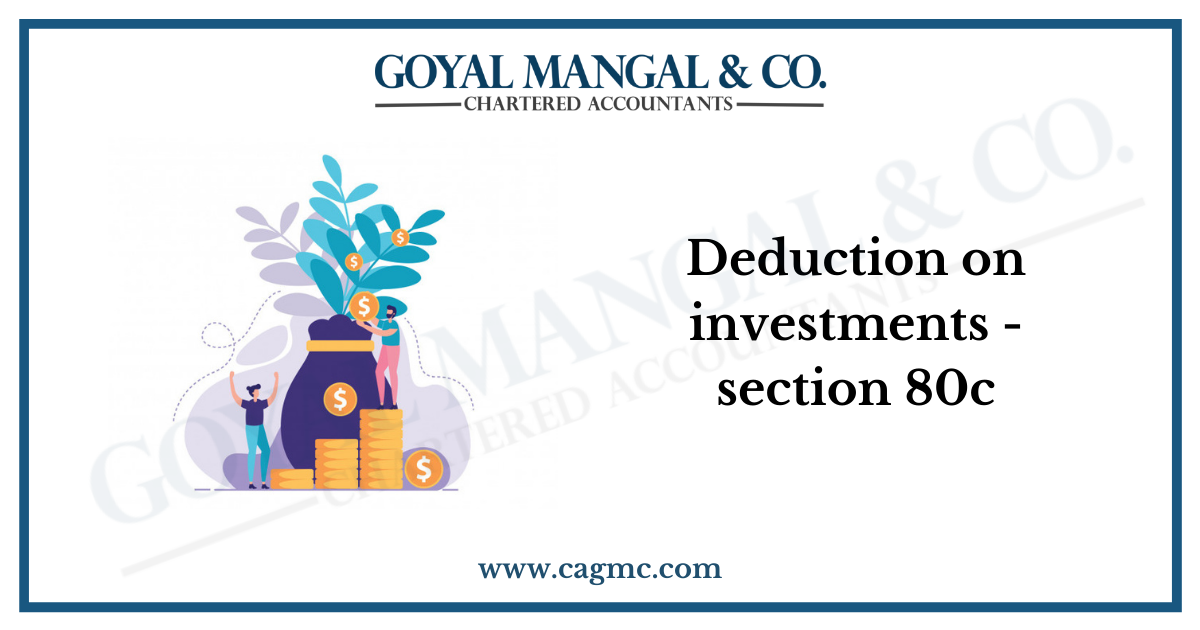
|
Table of Content: |
Following are the deduction which are allowed under section 80c:
- Life Insurance Premium: Any amount received under LIP will also be exempt only on the condition that the premium paid on the insurance on the life of individual, spouse or on any child and in case of HUF (any member) should not exceed 10% of minimum capital sum assured.
- Investments in Tax Saving FDs: Tax-saving FDs by resident are like regular fixed deposits but come with a lock-in period of 5 years and tax break under Section 80C on investments of up to Rs 1.5 lakh. Fixed Deposits have lock-in period of 5 years. FD interest rate across different banks ranges from 5.5% to 7%. Minimum investment limit is Rs 1000.Interest earned in taxable
- Investments in PPF (Public Provident Fund): PPF are long term investments backed by government of India. Deposits made in a PPF account are eligible for deductions under Section 80C.This can be be opened by Resident Indian individuals, salaried and non-salaried individuals. A HUF cannot open a PPF account. PPF account have lock-in period of 15 years, and can be further extended by 5 years. Partial withdrawals are allowed after 7 years. Current interest rate is 8.0% p.a. As per this section Minimum and maximum investment limit is Rs 500 and Rs 1.5 Lakh. Interest earned is tax-free.
- Investments in EPF (Employee Provident Fund): EPF is a retirement benefit scheme that is available to all salaried employees. This amounts to 12% of basic salary + DA, that is deducted by an employer and deposited in the EPF or other recognised provident funds. This can be opened by employee with basic salary greater than 15,000 /month. he/ she can withdraw PF balance after 2 months of leaving job and does not take up employment within two months with an employer covered by PF Act. Interest rate on the EPF is 8.5% for the financial year 2020-21. Both employer and employee have to contribute a minimum 12% of Basic Pay + D.A. Entire PF balance is tax-free, if withdrawn after continuous service of 5 years.
- Investments in NPS (National Pension System): The NPS is a pension scheme that has been started by the Indian Government to allow the unorganized sector and working professionals to have a pension after retirement. Investments of up to Rs 1.5 lakh can be used to avail tax deductions under Section 80C.This can be opened by every Indian citizen between the age of 18 and 60. Partial withdrawals are allowed after 15 years but under special conditions. Returns rate on the NPS varies between 12% – 14%. No limit on maximum contribution and Employer contributions are tax-free.
- Investments in ULIP (Unit linked Insurance Plans): ULIPs are a mix of insurance and investment. A part of the invested amount in ULIPs is used to provide insurance and the rest of the amount is invested in the stock markets. Investments of up to Rs 1.5 lakh in ULIPs are eligible for tax deduction under Section 80C. An investor can buy ULIP for self or spouse or child. Interest rate varies as it is market linked. Return rate on the ULIP varies between 12% – 14%. No limit on maximum contribution, Investment and withdrawals & maturity amount are tax-free.
- Investments in Sukanya Smriddhi Yojana: Scheme is one of the most popular schemes by the Government of India. The scheme is aimed at the betterment of girl child in the country. Parents/guardians can open an account in the name of a girl child till she attains the age of 10 years. Up to 50% of the deposit amount can be prematurely withdrawn once the girl reaches the age of 18 years. Interest rate on Sukanya Samriddhi Yojana is 8.5%. Investment is limited to maximum Rs.1,50,000 in a financial year. Investment and withdrawals & maturity amount are tax-free.
- Repayment of Home Loan: As per section 80C The repayment of the principal of a loan taken to buy or construct a residential property is eligible for tax deductions. This deduction is applicable on stamp duty, registration fees and transfer expenses as well.
- Payments in Children’s tuition fees: The tuition fee paid for the education of two children is eligible for tax deduction of up to Rs 1.5 lakh. As per the section the fee can be paid to any school, college, university or educational institute situated in India. The fees have to be for a full-time course only does not include tuition fees.
